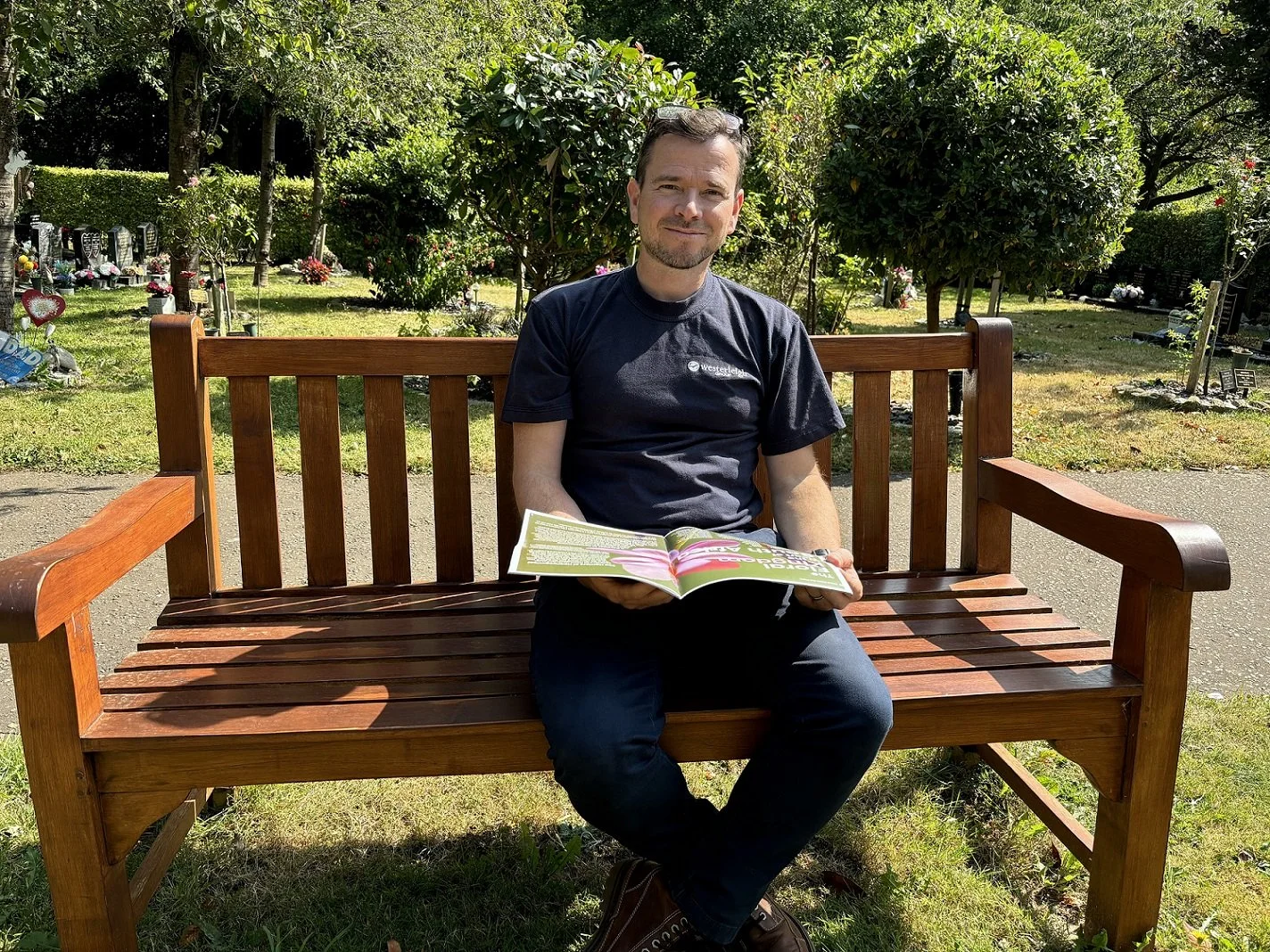How to minimise energy usage when spending more time at home
South West-based online energy business Flipper has published a lists of essentials do’s and don’ts to enable people to minimise their energy usage when spending more time at home.
The handy hints tackle home heating, how to get the best from your fridge, freezer, washing machine and dishwasher, how to minimise the financial impact of having to prepare every meal at home, and even how to make leisure activities more energy-efficient. Here are the highlights:
Heating
While the weather is still a bit cooler don’t be tempted to turn up your heating if you are at home during the day. Putting on an extra layer is a much better option.
Fridge Freezer
Fridge freezers use energy trying to maintain a constant temperature in their compartments. Doing things that help with this reduce the energy they use, while anything that changes the internal temperature means they have to use more energy to bring it back to the target level.
Do:
Keep at least three quarters full - fill the space with bottles of water if needed.
Defrost frozen food in the fridge. This acts like an ice pack and helps cool the fridge.
Don’t:
Keep opening the door (more of a challenge if you have kids at home) or leave the door open longer than necessary as this lets in warm air which then needs to be cooled.
Put warm food in your freezer, allow food to cool down first.
Overfill – while being ¾’s full helps, if they're too full the cool air won’t be able to circulate, and the appliance will use more energy to keep cold.
Cleaning & Washing
Spending more time at home could mean you need to do less clothes washing but have more dirty dishes. Either way the same principles apply for Washing Machines and Dishwashers:
Do:
Always wash a full load if possible. Your appliance will use the same energy per wash however full it is.
Always use the eco cycle (if your appliance has one). These can cut energy use by 16%.
Wash lightly soiled clothes or dishes at a lower temp. This will still get them clean while using less energy.
If you’re on a dual-rate tariff, eg: Economy 7, make sure you do all your washing during the off-peak period. If your machine has a delay-start function use this to ensure the wash happens during the cheaper period.
And dry the clothes outside - weather permitting - rather than use a tumble dryer.
Also, if you have an electric shower don’t spend longer than usual in there. It may be tempting to have another 5 minutes under the water now you aren’t trying to beat the rush hour traffic, but an 8.5kW electric shower is probably the most power-hungry item in your house. Also, letting your hair dry naturally rather instead of blow drying will save on energy too.
Food & Cooking
The key here is to try and maintain your previous routine. Cooking one evening meal for the whole household uses much less energy than letting everyone look after themselves at different times and if you are a big tea or coffee drinker while at work try making a flask at the start of the day rather than repeatedly boiling the kettle. Other things that can reduce the energy used when cooking are:
Do:
Use the microwave rather than an electric oven where possible.
Only boil the amount of water you need to use – for cooking or hot drinks.
Use the kettle to boil water for cooking pasta, veg etc. rather than heating it in a pan on the hob.
Entertainment
Laptops, TV’s and Games Consoles are now very energy efficient: a 55” Smart TV can use as little as 2p of electricity an hour, but if your family are spending significantly more time watching and gaming every day and you have teenagers doing this individually in multiple rooms then the cost will begin to add up.
Do:
Switch off devices when they are not being used, eg: don’t leave your laptop on when you finish working.
Find something you can watch / play as a household.
Do more offline activities: Boardgames and Jigsaws can be great fun as a family, pass a lot of time and don’t use any gas or electricity.
Your Tariff
Finally, even if you can reduce the amount of energy you are using, the amount you pay for each unit of energy will be the biggest factor in how much your bill is.
The cheapest tariffs available are nearly £340/yr cheaper than the cost of a standard variable tariff for typical household usage, so if you haven’t switched energy supplier in the last 12 months doing it now could cut your monthly cost from £100 to £70.
Flipper.co.uk will find and switch you to a better energy deal, taking care of everything for you. Their members save an average of £385/yr. Find out more at Flipper.community





